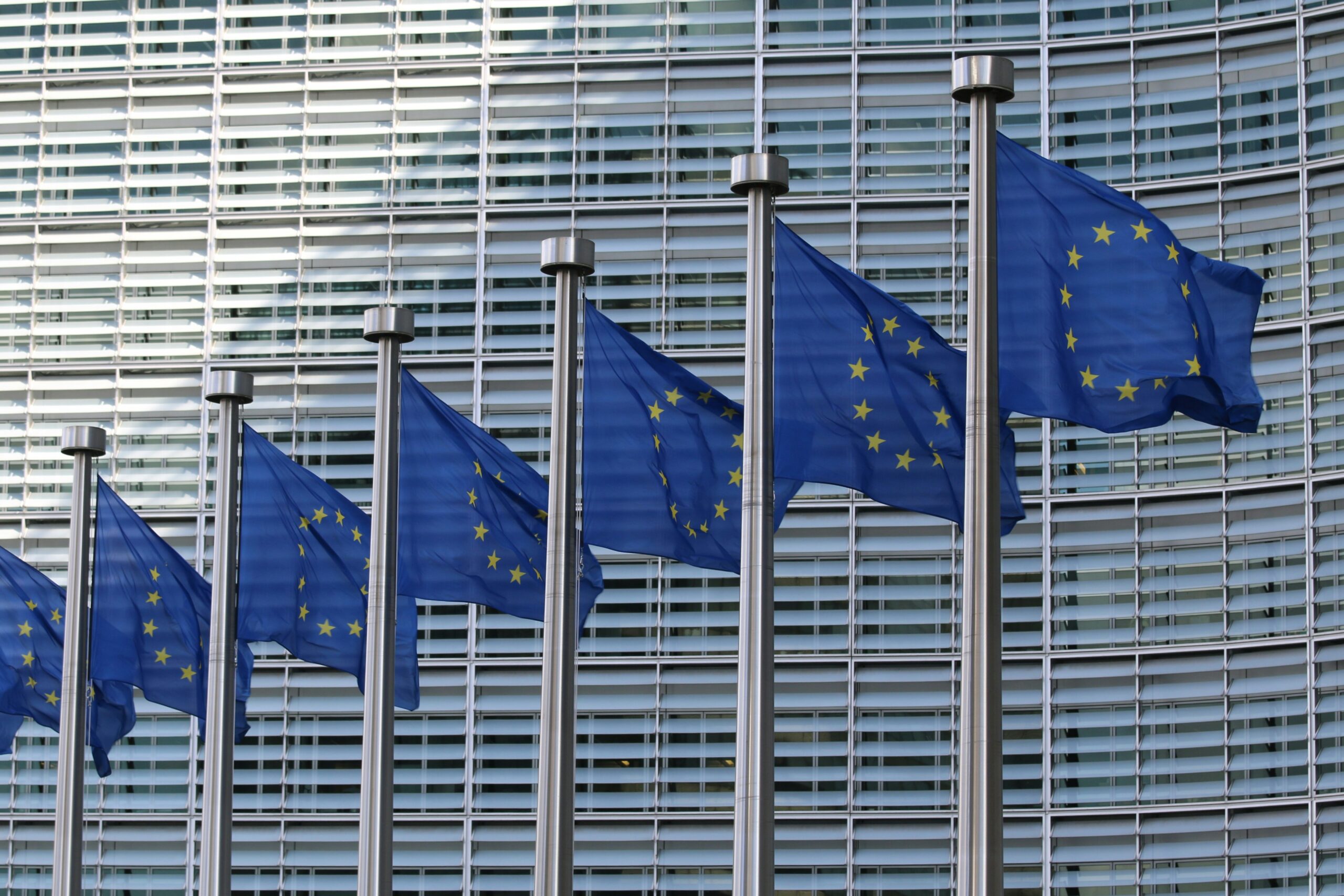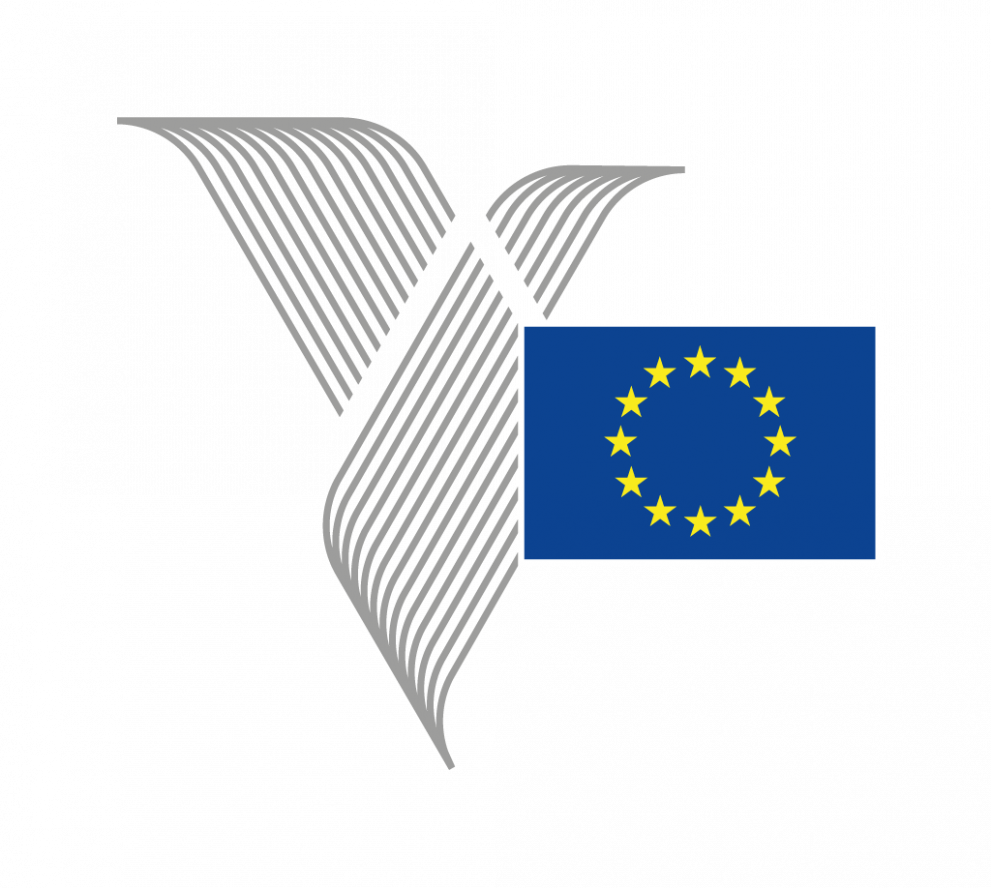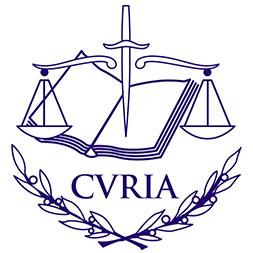The European Ombudsman’s own-initiative inquiry (OI/12/2010/(BEH)MMN) concerning the accountability mechanisms for instances of maladministration within Common Security and Defence Policy (CSDP) missions underscores a complex landscape of administrative oversight across various EU missions. These missions, ranging from civilian to military operations in territories beyond EU borders, operate under distinct command structures and financial regimes, creating a multifaceted web of responsibility and oversight. This inquiry illuminates the ambiguity surrounding the assignment of accountability and seeks to pave a path towards greater clarity and responsibility within the EU’s external actions.
Background of Inquiry
The CSDP missions, underpinned by the Council’s strategic oversight and operationalized through both civilian and military channels, represent the EU’s commitment to peacekeeping and rule of law abroad. Yet, the nuanced nature of these missions, involving a blend of EU institutions, Member States’ contributions, and international staff, has given rise to a palpable uncertainty regarding the locus of accountability for maladministration.
Investigative Process
The Ombudsman’s investigation into this matter was prompted by a recognition of the potential for maladministration within the daily operations of CSDP missions and a history of related complaints. The inquiry sought to unravel the layers of responsibility, from the Commission’s supervisory role over civilian mission heads to the Council’s appointment of military operation commanders. Throughout this process, a dialogue unfolded between the Ombudsman and key EU institutions, including the Council, the Commission, and the High Representative, each providing insights into their perceived roles and limitations within the CSDP framework.
Divergent Views on Accountability
A pivotal finding of this inquiry is the distinct perspectives among EU institutions regarding their respective accountability for maladministration within CSDP missions. The Council’s referral of matters to the High Representative, based on competency grounds, and the Commission’s emphasis on its limited supervisory role, predominantly in budgetary matters, highlight a fragmented view of institutional responsibility. Furthermore, the High Representative’s stance that CSDP missions, lacking legal personality, cannot be held accountable, underscores a significant accountability gap within the EU’s operational framework for external missions.
The Ombudsman’s Analysis and Conclusions
The Ombudsman’s deliberations reveal a concerning scenario where no single EU entity fully acknowledges responsibility for all facets of CSDP mission operations. This scenario, according to the Ombudsman, stands in stark contrast to the fundamental EU principle of rule of law, which mandates that the actions of EU bodies must align with the Treaty and be open to judicial review. The right to good administration, enshrined in the EU Charter of Fundamental Rights, necessitates a clear and accountable framework for the administration of CSDP missions.
In addressing this issue, the Ombudsman acknowledges the High Representative’s willingness to review individual complaints related to CSDP missions, a pragmatic step towards bridging the accountability void. However, this solution, while commendable for its intent to uphold the fundamental right to complain, may not fully satisfy the broader right to good administration.
Moving Forward: Recommendations and Implications
The Ombudsman’s inquiry concludes with a call for a reevaluation of the existing legal and operational framework governing CSDP missions. The inquiry advocates for a more integrated approach to accountability, where responsibilities are clearly delineated and mechanisms are in place to ensure the right to good administration is upheld. This includes a transparent system for handling complaints and maladministration allegations, with defined roles for the Council, Commission, and the High Representative/EEAS.
The inquiry’s findings highlight the need for a cohesive EU strategy that aligns with the principles of transparency, accountability, and the rule of law. As the EU continues to project its values and stabilize regions beyond its borders through CSDP missions, establishing a clear and accountable framework is imperative for maintaining the EU’s credibility and effectiveness in its external actions.
Source:
Decision of the European Ombudsman closing his own-initiative inquiry OI/12/2010/(BEH)MMN
concerning the Council of the European Union, the European Commission and the High Representative /
European External Action Service, https://www.ombudsman.europa.eu


